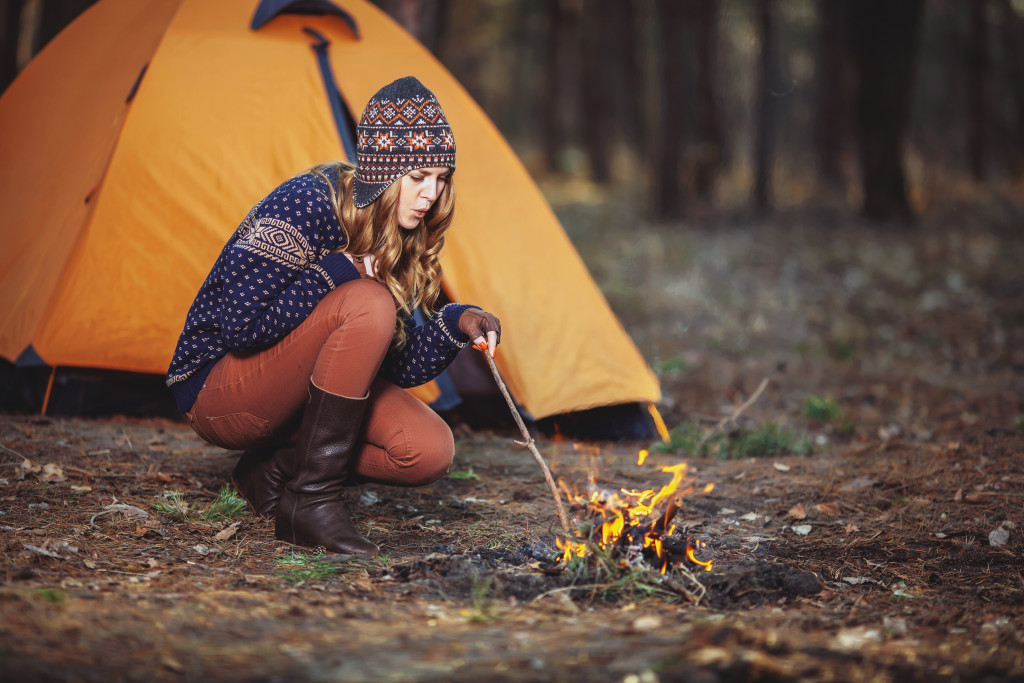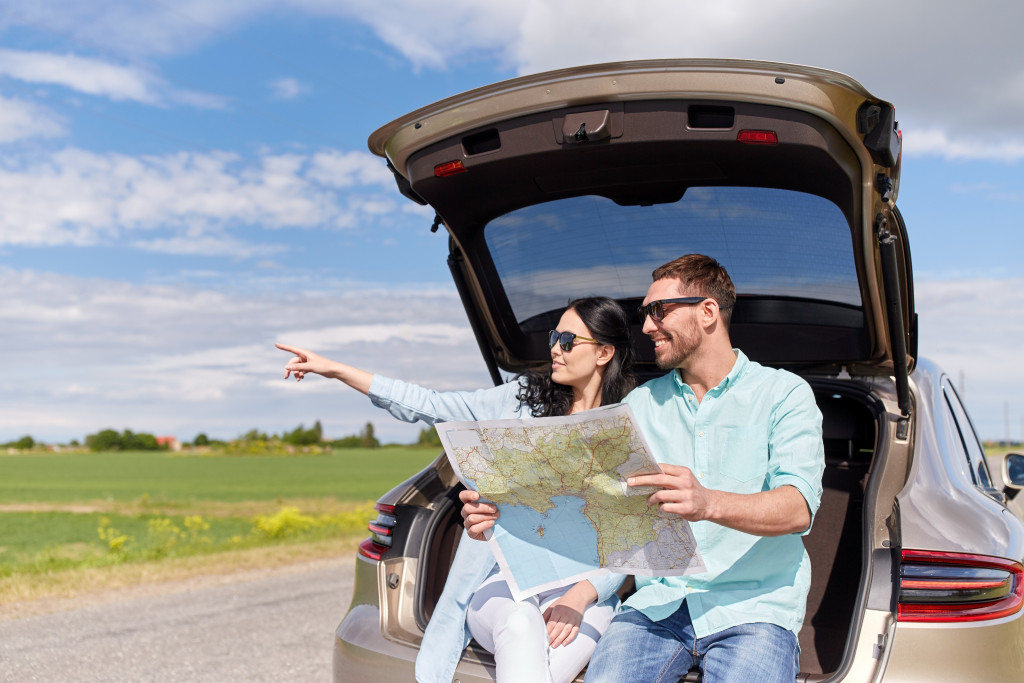- Clean and dry your gear before storing it so it is free of mold, mildew, and musty smell.
- Separate your camping gear into different categories depending on the materials and use.
- Save time and space by organizing your gear in advance.
- Protect your investment by storing your outdoor and camping gear separately to prevent cross-contamination.
Whether you are an avid outdoor enthusiast or a casual adventurer, one thing is for sure – your outdoor and camping gear is one of your most essential investments. Apart from being costly, it’s also crucial in ensuring your safety and comfort during your trips.
Proper storage of your equipment is critical to ensuring that they maintain their quality, functionality, and longevity. Fortunately, this guide will provide you with some valuable insights on how to store your gear correctly.
Clean and Dry Your Gear
Before storing your outdoor and camping gear, it’s essential to clean and dry them properly. This way, you will prevent mold, mildew, or musty smell, which can quickly ruin your precious gear.
Also, cleaning and drying your equipment will help preserve its functionality and prevent mold growth. So, wash your camping gear with mild soap, and let them dry naturally. Avoid using heat, as this can damage or weaken the materials.
Separate Your Gear
Separate your camping gear into categories depending on their materials and use. This will help you store them correctly, prevent damage, and make finding them easier during your next trip. For instance, sleeping bags and clothes should be stored separately from your cooking and eating utensils. But what are the advantages of doing this? Here are a few:
Save Time and Space
Separating your outdoor and camping gear saves time and space when preparing for your next adventure. When you have your gear organized, you can quickly assess what you need for your next trip and avoid the frustration of searching for equipment you may have misplaced.
Protect Your Investment
Outdoor gear, especially quality equipment, does not come cheap. It’s essential to store your gear in a way that protects your investment so it lasts for years to come. Storing your equipment properly helps keep it in good shape for the next trip. Avoid storing your outdoor gear with your camping gear, as this may lead to your camping gear damaging your outdoor equipment.
Avoid Cross-Contamination

Your camping and outdoor gear can pick up dirt, debris, and odors during your adventure. If you store them together, they may cross-contaminate, making your next trip unpleasant. For instance, your sleeping bag may smell like your muddy hiking boots, and your cooking supplies may have dirt and debris from your camping stove. This can pose health risks, especially if you store your gear for an extended period.
Easy to Access and Use
Separating your outdoor and camping gear makes it easier to access and use your bag when packing for your next adventure. You can quickly grab your camping gear if you’re heading out on a camping trip or your outdoor equipment if you plan a day hike or climbing expedition. This also makes keeping track of your gear easier, so you don’t forget anything when heading out.
Check The Storage Space
Once you’ve separated your equipment, ensure your storage space is clean, dry, and moisture-free. Also, store your gear in a cool, dry, dark place to prevent heat or sunlight damage.
Often, people use their garage as a storage space for their camping gear. If that’s the case, use garage floor coatings to protect your stored items from moisture or humidity and keep them safe from dirt or dust build-up.
Address Maintenance And Repairs
Before storing your gear, take note of any necessary repairs or maintenance. For instance, if your camping tent has a tear, repair it before storing it to prevent the damage from getting worse. Moreover, ensure that you oil all metallic items to avoid rusting and to store batteries separately as they can cause damage to your equipment if not handled appropriately.
Rotate Your Gear

Rotate your gear during storage. This means you should use your equipment, even when not on a camping trip. For example, use your camping stove to make a backyard barbecue, air your sleeping bag outdoors, or put on your hiking boots for a short hike. Regular use helps improve your gear’s lifespan by preventing it from getting stale or losing functionality.
The Bottom Line
In conclusion, storing your outdoor and camping gear is crucial to maintaining their quality and durability. However, with the right knowledge and tips, proper storage doesn’t have to be complicated. Proper cleaning, separation, assessing your storage space, maintenance, and regular use are all part of the process that helps to prolong your gear’s lifespan. So, follow the above insights, and ensure that your outdoor and camping gear is always in top-notch shape, ready for your next adventure!

